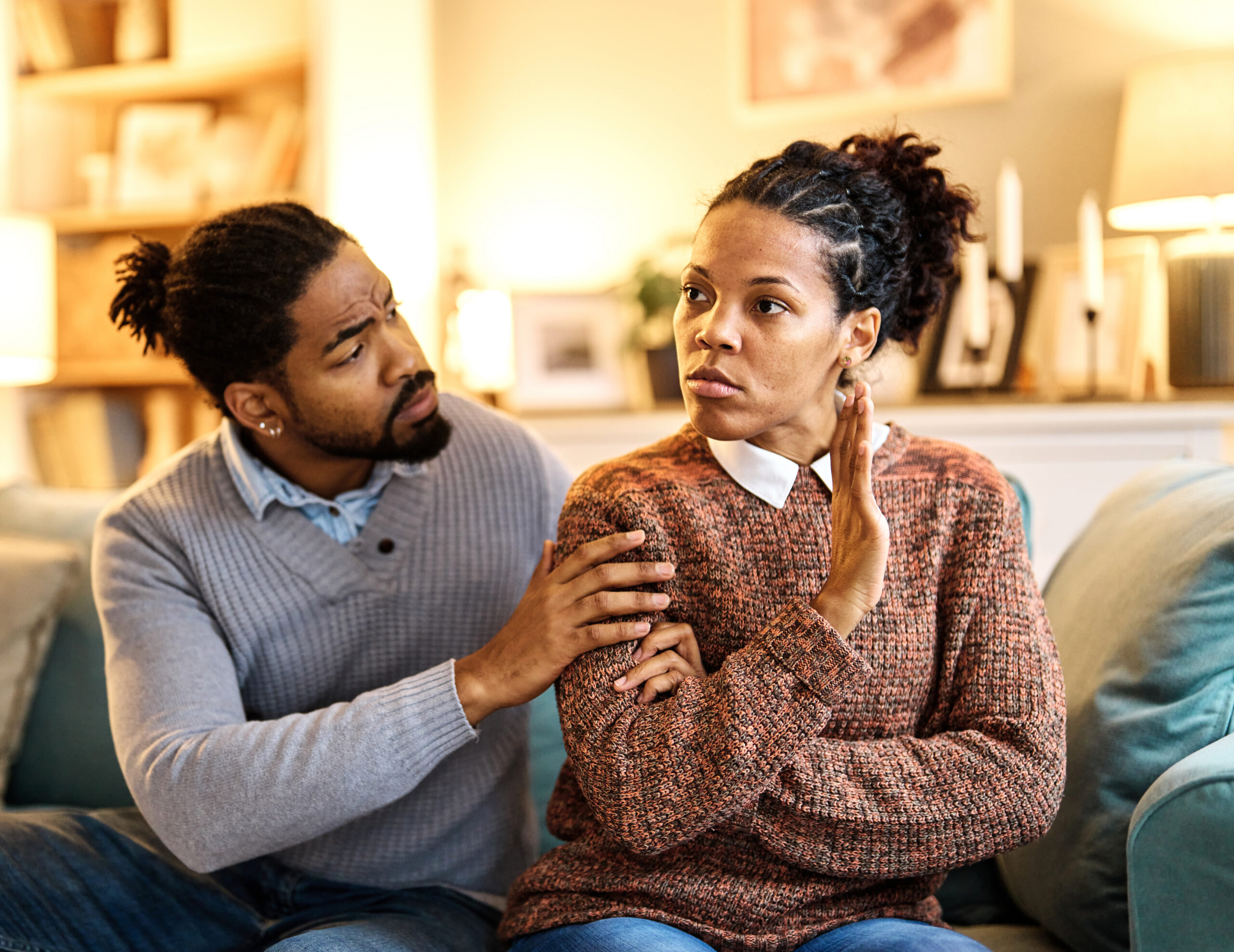Most Massachusetts OUI arrests begin with an evening or late night traffic stop by a Massachusetts police officer, usually for some other offense, such as speeding or crossing over a marked lane. As a result of the traffic stop, the officer comes face to face with the accused, and may smell alcohol. Often the accused is then asked to exit his or her vehicle, and perform some field sobriety tests, such as the finger to nose test, the one legged stand, and the nine step walk and turn test. At the end of these tests the officer forms the opinion that the driver was operating under the influence, and arrests the accused. The car is towed, and the accused is taken back to the station for booking.
The driver is asked to consent to a breathalyzer test, and told that if he refuses, he will lose his license for 120 days. The driver may or may not take the test. The driver is eventually bailed out, and directed to report to court the next day. The entire proceeding is intimidating and above all, embarrassing. The accused is convinced of two things: he has been railroaded, and there is no viable defense to the charge (especially after a review of the police report). This is not necessarily the case.




